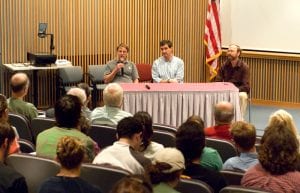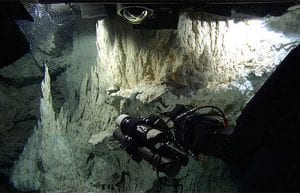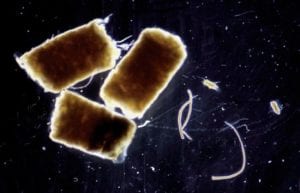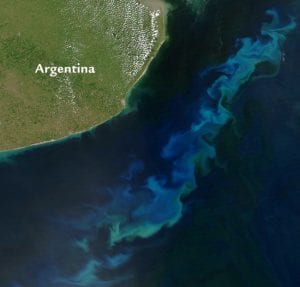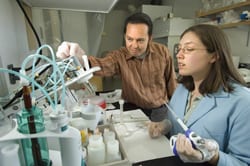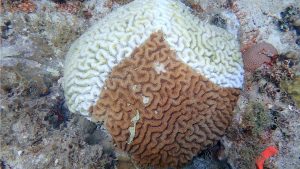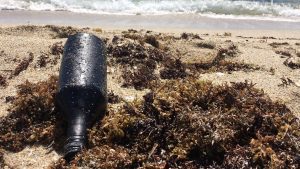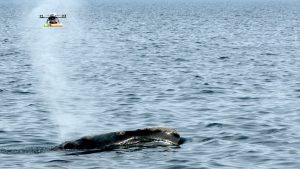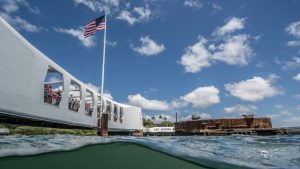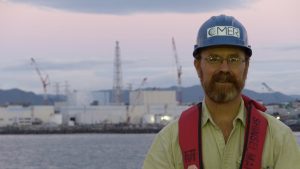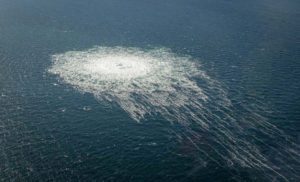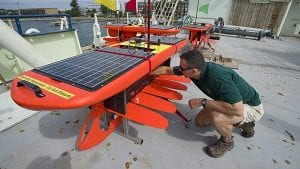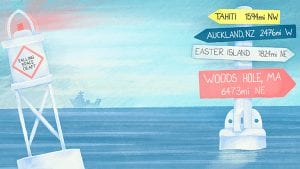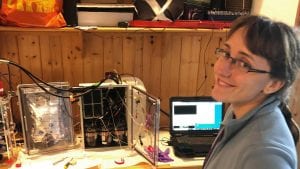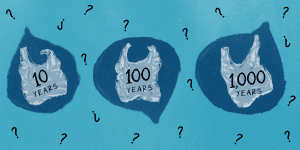Research Highlights
Oceanus Magazine
News Releases
Coral reefs support more than 25 percent of all marine life and underpin the livelihoods of roughly one billion people globally.
Oil spill forensics reveal how plastic debris can carry petroleum pollution across entire ocean basins
A first of its kind study links drone-collected respiratory microbes with health assessments, offering hope for protecting vulnerable populations
The findings underscore the USS Arizona’s dual role as a solemn memorial and a “living laboratory.”
Buesseler joins a distinguished group of scientists, leaders and communicators recognized by AGU for advancing science.

